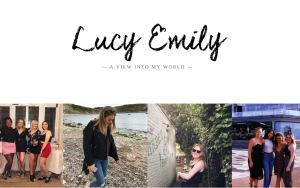 The end goal of education is to encourage people to learn.
The end goal of education is to encourage people to learn.
Knowledge is not the goal, as in a world of Wikipedia and Google information is at our fingertips. There’s little value in memorising it.
Yet with so much information available, how to sift out what’s important? How to recognise what is reliable from what’s merely distracting – or even fake?
Learning is not about knowing, it’s about finding out. It’s about questions, not answers.
None of this will come as a surprise to educators. But it involves culture shock for new students who are used to facts being incontrovertible, and questions having answers.
My first year class have asked me to give them more theory. Why? I suspect because theory is definite and known, whereas practice is shifting and unknowable. Unpredictable even. I will of course adapt to their wishes, and hope to meet them half way.
I can make my classes easier, but I can’t close off questions and pretend that knowledge is finite and finished. My students need to loosen up and learn to be curious.
This student blog post makes me very happy as an educator. Not because I’m mentioned in it. But because it illustrates the learning journey so well, including the inevitable doubts and introversion.
Lucy’s bright. She’s ambitious. She’s four years in to her degree course. But let’s not dwell on the exceptional, let’s look at the universal.
- Learning involves stepping out of our comfort zone
- We have to take risks, otherwise how will we reap rewards?
- If we give, then we’re likely to receive
- ‘Yes, it’s scary at first. Try it.’
Finally, students assume when coming on a public relations course that they’ll learn about communication. They will. But they also need to ask questions about the purpose of communicating. Lucy has learnt that one answer to this is community.
Here endeth the lesson.
Leave a comment